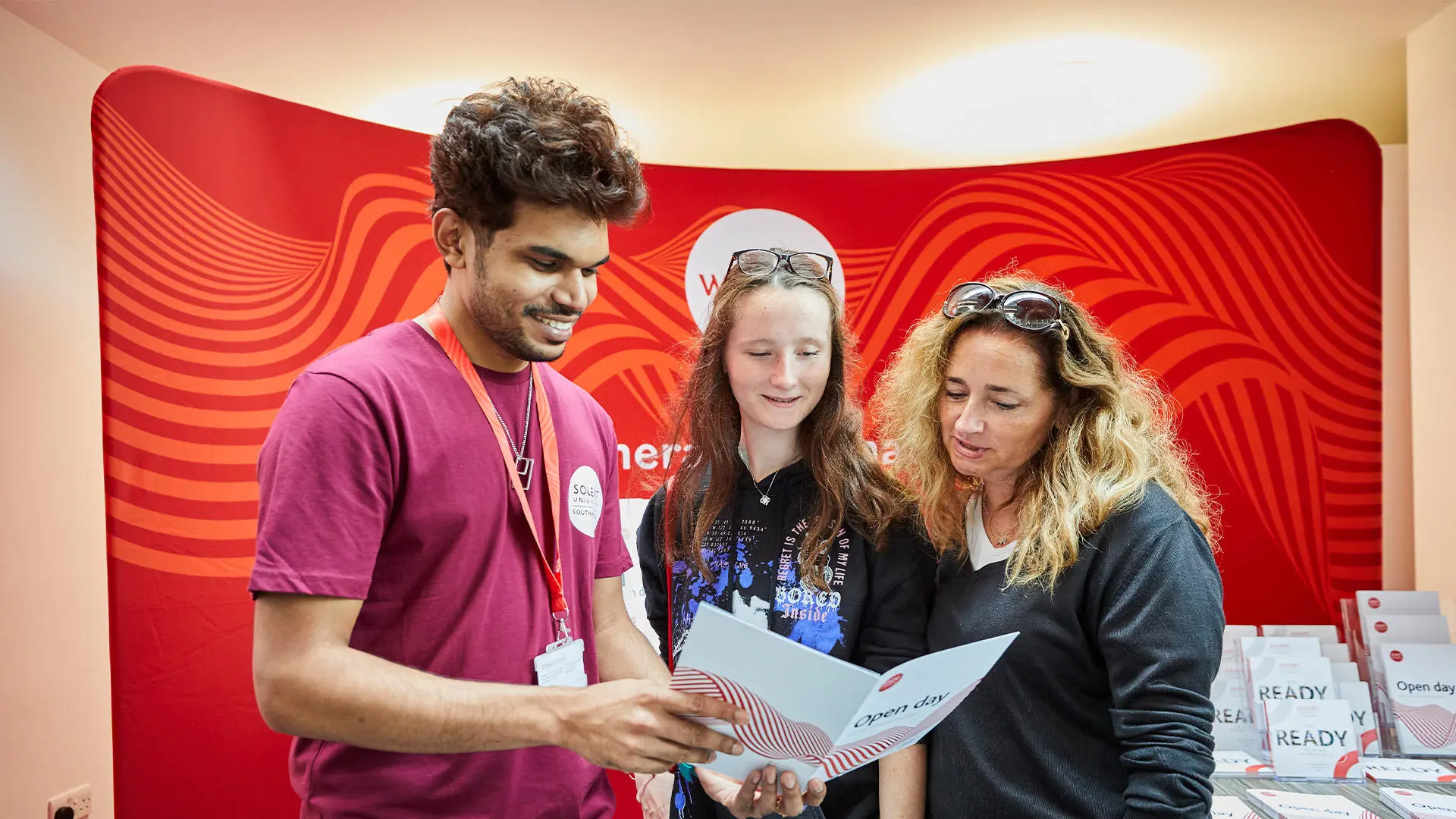- Home
- Courses
Find your course
MSc
Accounting, Auditing and Strategic Management
- Postgraduate
- Business, marketing and finance
BA (Hons)
Acting and Performance
- Undergraduate
- Music and performing arts

Book an open day
Experience life as a student at Solent. With course talks, campus tours, videos and more, you’ll find everything you need to know about studying at Solent University.
PGCert
Advanced Palliative and End of Life Care Management and Prescribing
- Postgraduate
- Health and medical science
BA (Hons)
Animation
- Undergraduate
- Art and design
- Digital arts, animation, games and VFX
Also available as:













